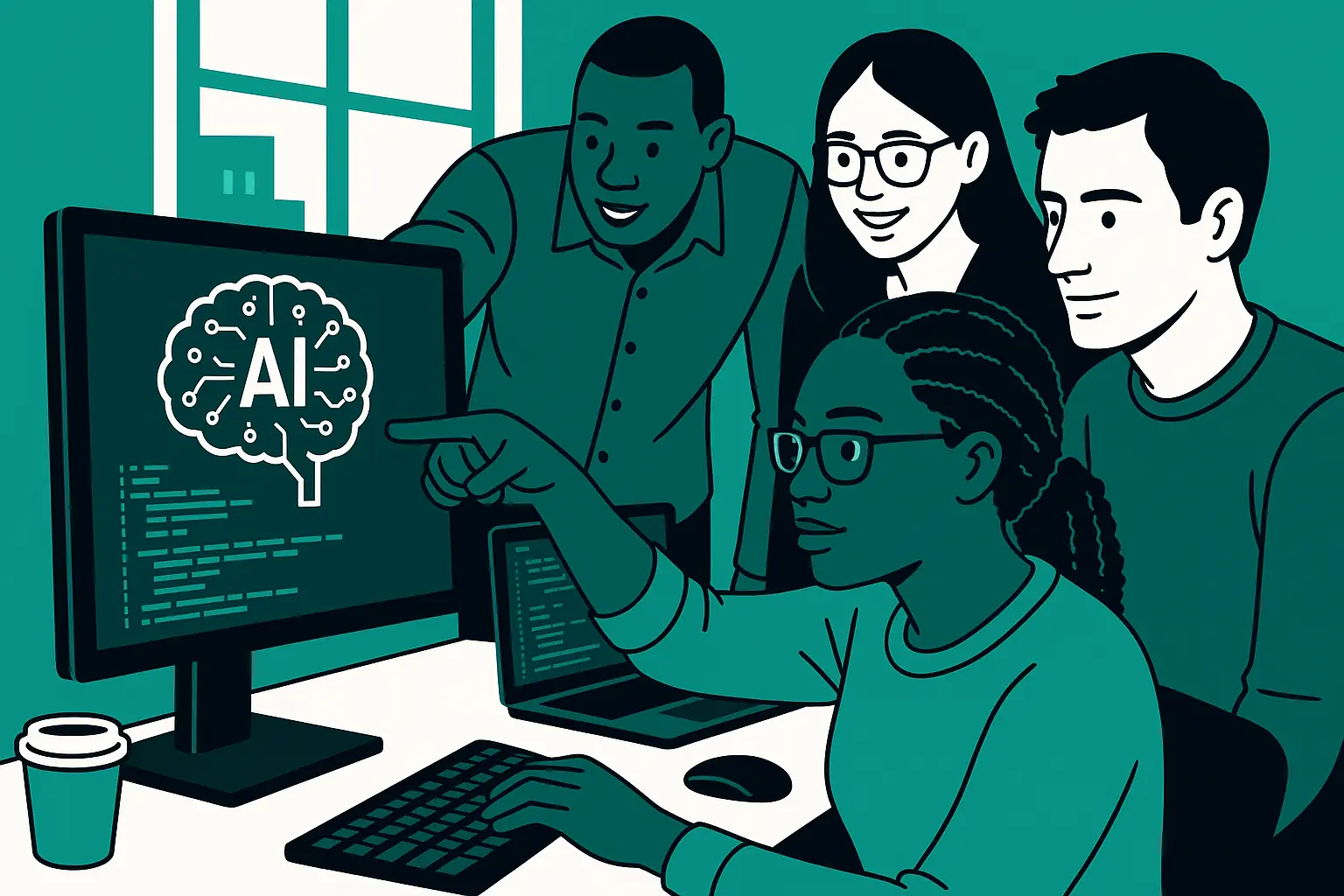Jul 01, 2022
Artificial intelligence (AI) continues to grow in power, reaching into fields as diverse as healthcare, finance, education, and even justice. As it spreads, a crucial question emerges: can AI truly be made "ethical"?
An AI without conscience
Let’s be clear from the outset: no matter how advanced it is, AI has no conscience or moral compass. It follows instructions, spots patterns, makes predictions—but it doesn’t understand the ethical consequences of its actions. It is humans who define the rules, goals, and boundaries.
Ethics by design
Efforts to make AI more ethical often focus on ethics by design—baking moral principles into systems from the start: transparency, fairness, accountability, privacy...
However, this is still a human-led exercise, influenced by the values, cultures, and intentions of those designing the systems. A seemingly “neutral” AI can reflect—and even amplify—biases present in its training data.
Essential safeguards
To prevent misuse, we need clear safeguards:
- Regular algorithm audits ;
- Documentation of automated decisions ;
- Limitations on high-risk uses (e.g., mass facial recognition) ;
- Ethics committees with multidisciplinary input on AI projects.
Ethics shouldn't be an afterthought or a marketing veneer—it must be a guiding principle throughout development.
Conclusion: Ethics guided, never automated
So, can AI be ethical? Not inherently. But we can—and must—guide its development with responsible and transparent human decisions.
AI will never be a moral agent. But with proper oversight, it can become a tool that upholds ethical values rather than undermines them.
Interested in exploring how to build ethical AI into your organization? Let's discuss. Contact Us.

